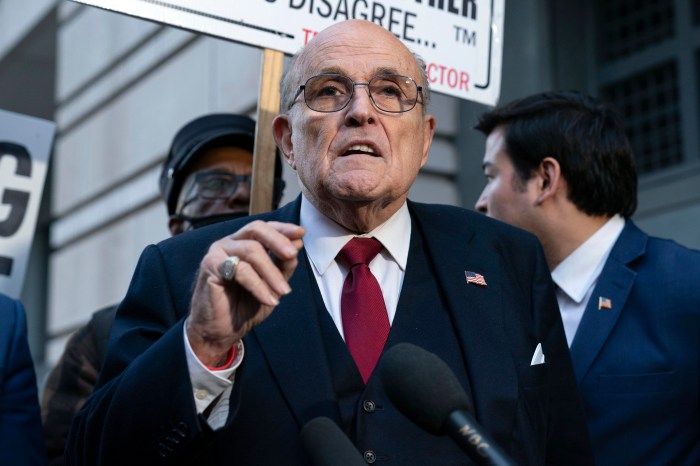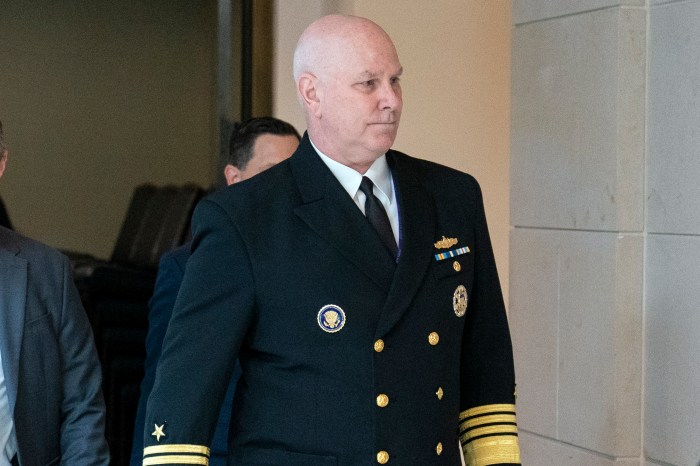OTTAWA – Buy America protectionist provisions are a potential threat to a global economic recovery, particularly if they invite retaliation, the head of the World Bank says.
Former U.S. trade czar Robert Zoellick was critical of his country Tuesday for passing laws that require local governments to use only U.S.-manufactured goods and steel in federally supported infrastructure spending.
“Some of these actions may be permitted under (World Trade Organization) rules, but what it emphasizes is on a downturn like this, any steps that limit trade and growth and opportunities can be particularly dangerous,” he said at a signing ceremony in Ottawa.
With Finance Minister Jim Flaherty seated beside him, Zoellick also said that it would be just as dangerous for Canada to retaliate in kind.
Over the weekend, an association representing Canadian municipalities passed a resolution advocating retaliating against Buy America by barring municipal procurement contracts to firms from countries that discriminate against Canadian firms.
The federal government has expressed sympathy with municipalities’ frustration, but officially opposes retaliation, although Trade Minister Stockwell Day said he has used the resolution to buttress his arguments in discussions with U.S. officials.
Zoellick said Tuesday such actions would hurt both countries.
“The danger in this environment is you start to get tit-for-tat retaliation and it serves nobody’s interests,” Zoellick said.
“I think the Buy America provisions are mistaken actions. I don’t think they serve U.S. taxpayers well in the recovery or in trade, but I think it would be a mistake to get to a posture where one is trying to limit one’s market to the other market.”
In a related development, the Canadian Manufacturers & Exporters said Tuesday it backed attempts by Canada’s premiers to help fight protectionism in both the United States and Canada and open up new markets in Canada for goods shut out of the U.S.
“The commitment of the premiers to work with the prime minister to open procurement markets in Canada and the U.S. will help overcome the short-term challenges that many Canadian exporters are facing as a result of new Buy American restrictions,” the group’s president and CEO Jayson Myers said in a release.
“I hope it will lead to negotiations on a new agreement that will improve upon the NAFTA, create business opportunities and save jobs in both countries.”
Meanwhile, Canada’s U.S. ambassador Michael Wilson said this country is progressing in its attempts to ease the blow from the Buy American purchasing rules, which are part of the US$800 billion stimulus spending plan and effectively freeze out foreign-made supplies on government financed projects.
“Are we making progress? Yes we are,” he said in a speech to an economic conference.
There have been a number of discussions with officials in Congress and the White House and “there is going to be some further impetus in moving that along,” he said.
Zoellick said other countries have also pursued protectionist measures, but at this point they have not reached the perilous level.
He said he would describe global protectionist sentiment as a “low-grade fever,” but not yet “a full influenza.”
Flaherty was not asked about the issue, but said Monday he was against the municipalities’ resolution.
Day, Canada’s international trade minister, told The Canadian Press in an interview that the federal government is pursuing all options in trying to have the U.S. legislation repealed or not applied.
Canadian embassy officials and at least 13 trade officials from Canadian consulates across the U.S. were in Washington on Tuesday meeting with congressmen and senators on the issue.
Earlier, Zoellick and Flaherty signed an agreement cementing Ottawa’s commitment to contribute US$200 million to the World Bank’s program to improve finances for trade in developing nations.


















